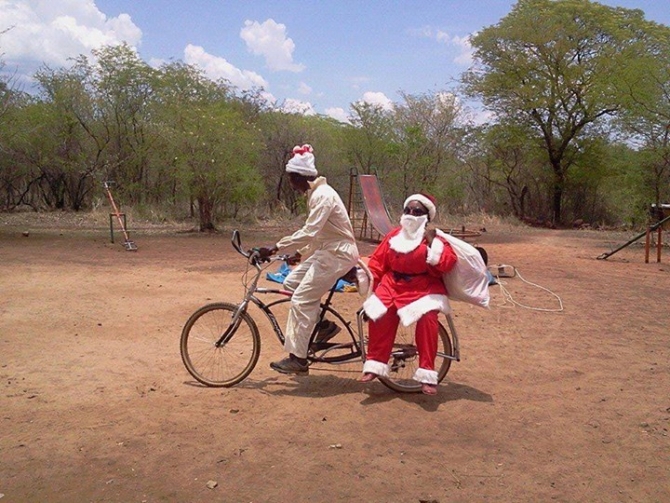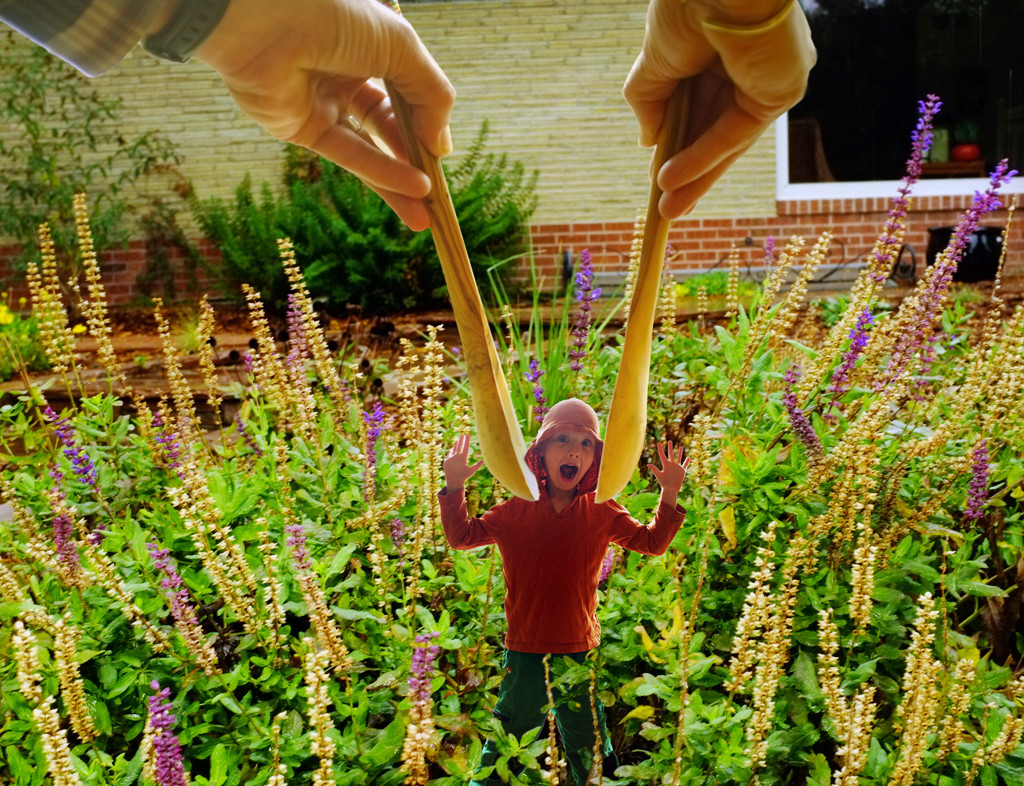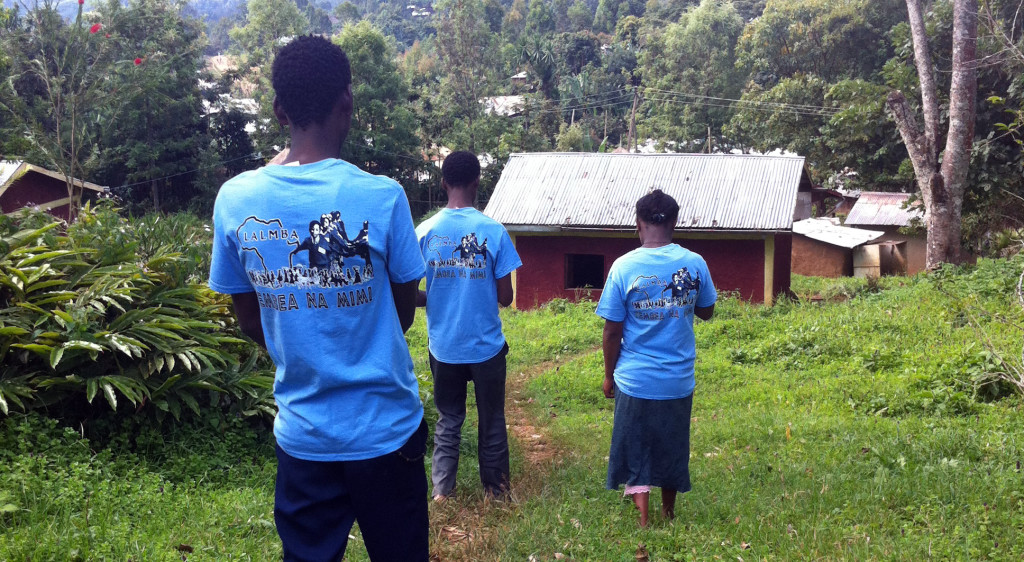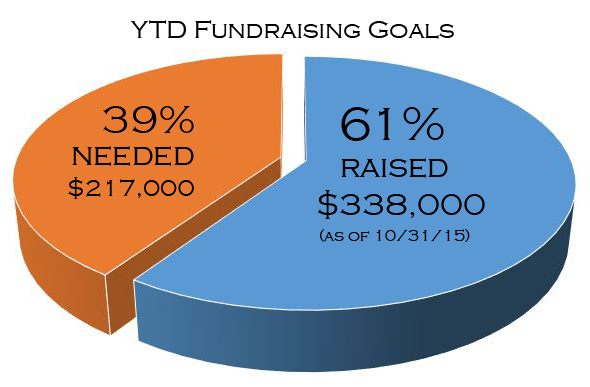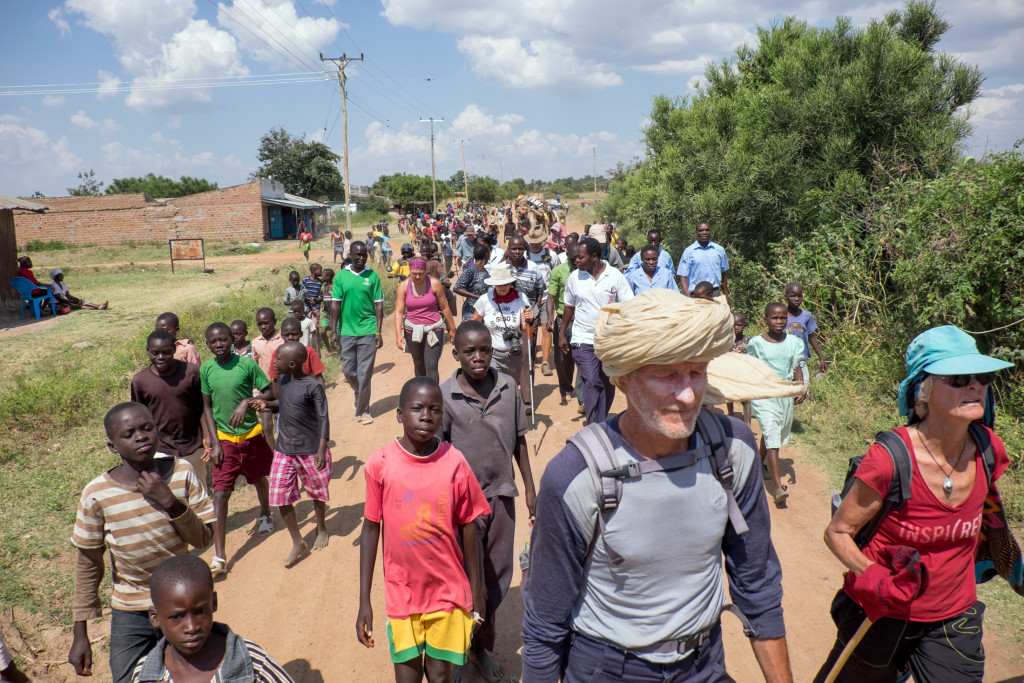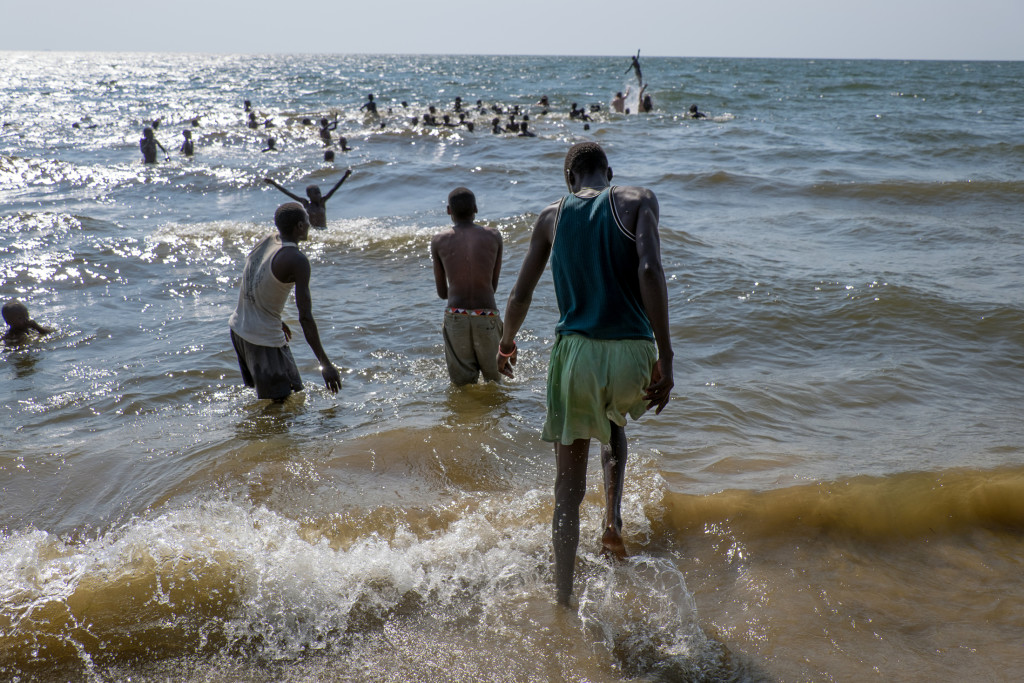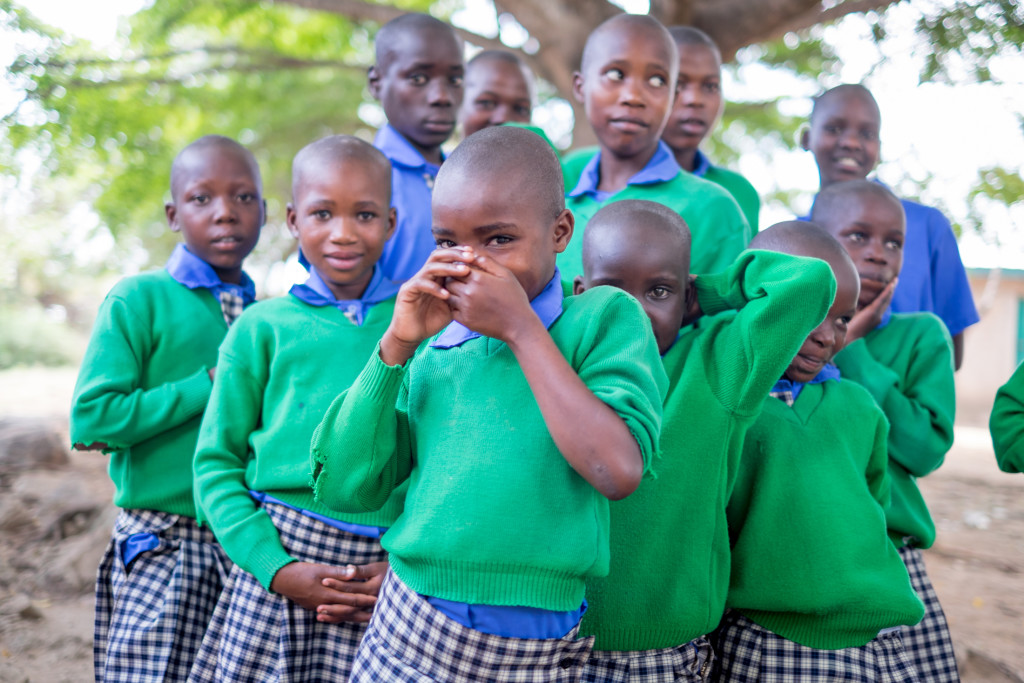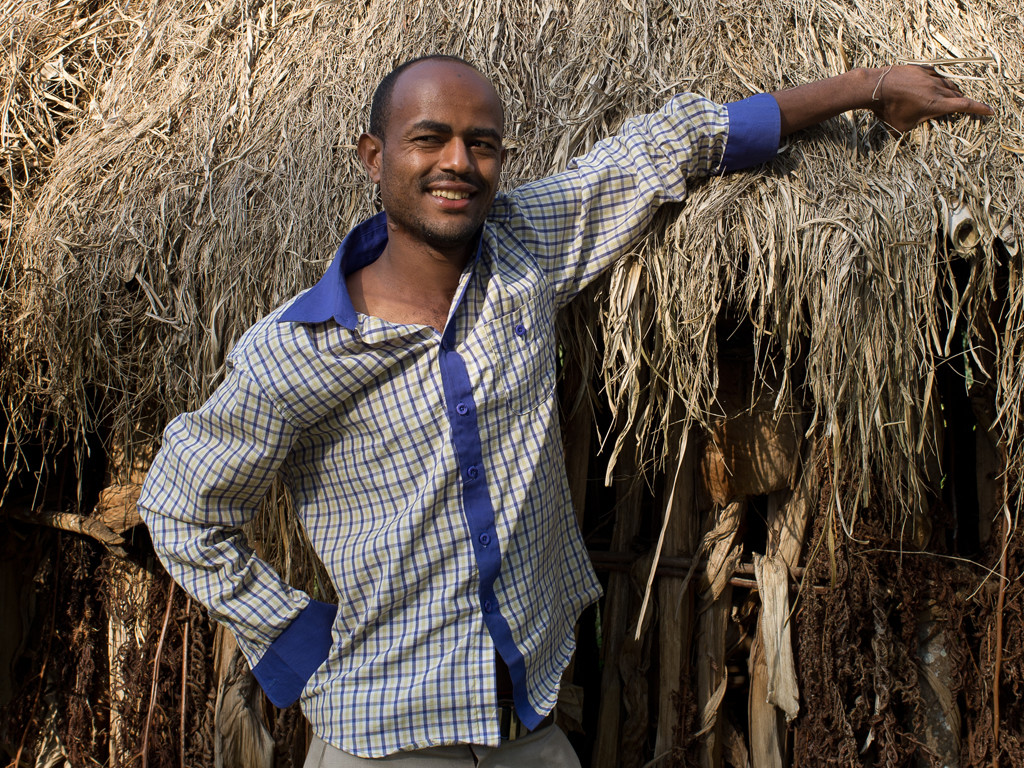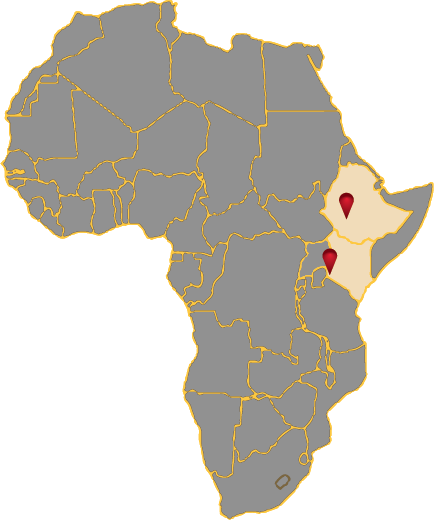BACK BY POPULAR DEMAND
SALAD TONGS!
These hand-crafted beauties from Kenya with beaded handles, ergonomically designed, will add a touch of elegance to your holiday meals. They also make great gifts! Who wouldn’t want a pair of these to uniquely grace their kitchen table?
But, don’t be fooled, these are no ordinary pair of salad tongs.
Their versatility will amaze you!
Example A
Example B

Your garden rake broke and leaves cover your lawn; don’t worry, the fork makes a great rake!
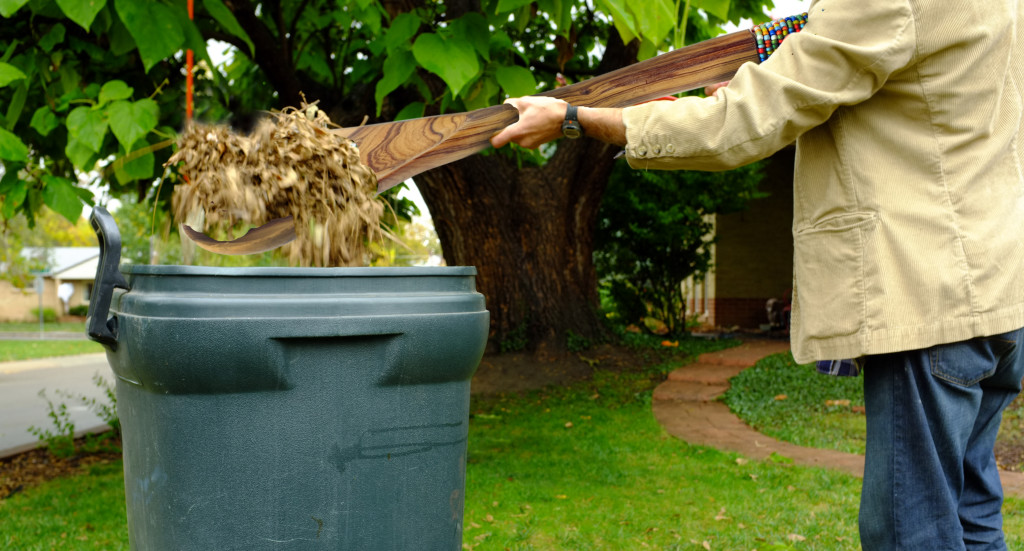 Seriously though, we have chosen a practical gift for you this Christmas, with a signature African flair. If we receive your order before December 19, it can serve your salad this Christmas.
Seriously though, we have chosen a practical gift for you this Christmas, with a signature African flair. If we receive your order before December 19, it can serve your salad this Christmas.
Donate today to get your salad tongs by Christmas.
Tembea Na Mimi
![]()
Tembea Na Mimi (walk with me) in Africa was a happy occasion! There’s no greater satisfaction than putting our cause into action by walking. Why? Because from the moment we were born, whether in a poor village in Africa or in a life of endless opportunity, we all strived to take that first step to walk, to explore, and to become independent. The steps we take across continents are what bring us together. For those of you who participated, thank you! You helped us raise $17,000 by showing your support for our friends in Africa who walked with us on September 21, Lalmba’s 52nd Anniversary. One study shows the average American walks about 5,117 steps a day. But check out these numbers!
Kenya
Ruth G walked 26,206 steps
Ruth W. walked 34,733 steps
Ray walked 24,008 steps
Caroline walked 35,658 steps
Stephen walked 23,854 steps
Ethiopia
Askale walked 27,749 steps
Worke walked 25,347 steps
Tadelech walked 33,395 steps
Girmo walked 34,691 steps
Shemsedin walked 30,693 steps
Fundraising
At first glance, the below graph could look problematic. But we are encouraged by your support this year and hope to achieve a balanced budget. As many of you know, our Christmas fundraiser is the most important one of the year, and we hope this year will be no different. Thank you in advance for your generosity and for helping us to meet our goals.
Walk To Matoso
Story and photos by Rob Andzik, Lalmba Board Chairman
If you have been following Lalmba over the last year, you have heard of Tembea Na Mimi (Walk With Me). A walk for a cause. 10 days, 163 miles, 11 walkers, 11 crew, 22 camels. What an amazing adventure!
Hopefully you have had a chance to read the blog postings on our website (www.lalmba.org). Jeff James has done a truly amazing job capturing the spirit of the walk, the strength of each walker, and the beauty we saw in both the wilderness we walked through and the people we met. However, one story has yet to be told. The final day of our journey — the walk to Matoso.
Our journey began 163 miles and 10 days away from Lalmba’s clinic – 10 days of blisters, amazing wildlife, rural communities, and beautiful people. But the reason we walked can be summed up in the last 6 kilometers, 6 kilometers I will remember vividly for the rest of my life.
We were all exhausted and in pain, but our steps were propelled with the knowledge that we had reached the end of our journey. As we walked into Otho, the closest town to Matoso, we led the first camels to ever visit this area, and were met by Kawa, Lalmba’s public health manager. Driving Lalmba’s truck, he boldly announced to the entire village through a megaphone why we were there. He asked everyone to join us in our final steps, to walk with us in support of the poor, the people Lalmba serves.
I think more than anything that is why I feel so much passion for the work Lalmba does. Lalmba empowers people and it is truly a place of hope. Lalmba and the people we serve are one and the same.
As we walked those last 6 kilometers, we were met by our Kenyan staff: nurses, clinicians, administrators, and local volunteers. Our entire walk came down to this one moment. We rounded a bend in the road and there they were. We were walking for them and they were walking with us. We marched, we sang, we cried tears of joy. As we approached the clinic, our band of walkers grew by the hundreds. Children raced around us. People we have never met, many destitute with barely a shirt on their back, took our arms and guided us home. They welcomed us as family.
We had finished our walk and our pains were forgotten as we unloaded the camels one last time, took off our shoes, and dove into Lake Victoria. With hundreds of people lining the shores, and the laughter of children swimming with us, we washed off 10 days of dirt, emerged from the water, and saw the reason we walked. In the faces of the people around us we saw wonder, curiosity, and most of all hope. Hope for their community, hope for their children. It is for the children most of all that we walked. Their smiling faces made every step worth it. In this simple village half a world away, Lalmba’s supporters are making a real difference in the lives of a very poor and wonderful people. The people of Matoso asked me to bring back a message to you: A very heartfelt and sincere Thank You!
From the Field
by Hillary James
I want to tell you about Lalmba’s power to change lives, all rolled into one person. Atinafu Gebre Yohanis was born in a small village a full day’s walk from Chiri, Ethiopia, where Lalmba runs a project. Atinafu’s father died when he was a baby, and his mother died when he was 4. When I ask him if he remembers his mother, he tells me, “I remember her smile.”
Living with an uncle, Atinafu realized at the age of 6 that he too had developed the tuberculosis that had killed his parents. There was no treatment anywhere near his village. His uncle had heard about this place called Lalmba where they could cure TB, and suggested Atinafu walk there. Little Atinafu, at 6, was deathly afraid of the forest through which he had to pass to reach Chiri. But he steeled himself, picking market day to walk through the forest when more villagers would be on the road. He told stories to himself along the way to keep himself from being too afraid.
When he arrived in Chiri, alone and clearly suffering from TB, the children’s director asked him where he could stay during treatment. A distant uncle agreed to take Atinafu in for the extent of his treatment course, as long as Lalmba would buy his food. Lalmba enrolled him in a meal program and gave him the treatment that would save his life.
After he returned to good health, he stayed on with his uncle, but school was not a possibility. They were too poor. Faced with the prospect of a lifetime of farming, again Atinafu contacted Lalmba, and he was enrolled in our children’s program, which paid for his school fees, books and uniforms.
Atinafu was a very clever student, scoring always in the top of his class. After graduating, he received a Lalmba scholarship to attend vocational training as a plumber. He was then employed by Lalmba on the grounds crew, and later worked in the children’s program as a mentor for the orphans. Recognizing his dedication, his love for Lalmba, and his leadership potential, he was promoted to Assistant General Manager in Ethiopia. He is now enrolled in a university degree program in a nearby city studying business management.
Atinafu saved his money, purchased a plot of land and built a simple mud and grass home. But one day, he knows, a cement house will take its place. A few months ago while he was out of town, a thief broke into his room and stole all of his clothing, requiring him to empty his savings to buy new clothes, and delaying his plans for a solid home. Despite this setback, he continues to smile.
When I came to visit with my family, Atinafu gifted each of us with decorative scarves. How he laughed when he saw my daughter Chiri twirling in circles with her new scarf! Why is it that those of us with the least in this world are often the greatest models of selfless generosity?
In this area where people spend hours walking where they need to go, it is common to strike up conversation with those walking around you. Recently when I walked with Atinafu to a distant village, someone on the road asked him, “Where is your family from?” His answer: “My family is Lalmba.”
What would Atinafu’s story have been if Lalmba didn’t exist? If he had not died of TB as a child, he certainly would not have gone to school and become the young community leader that he is today. If you ever wonder if your support of Lalmba really makes any difference to actual people in rural Africa, we hope Atinafu’s story reminds you of the great power of this work.

